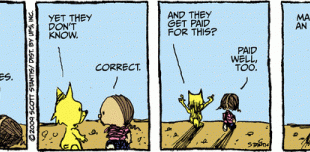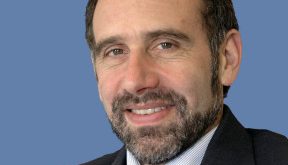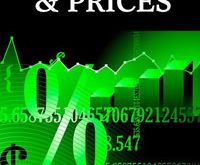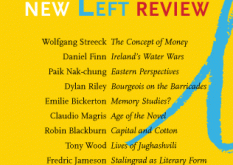Dutch books and money pumps Mainstream neoclassical economics nowadays usually assumes that agents that have to make choices under conditions of uncertainty behave according to Bayesian rules (preferably the ones axiomatized by Ramsey (1931), de Finetti (1937) or Savage (1954)) – that is, they maximize expected utility with respect to some subjective probability measure that is continually updated according to Bayes theorem. If not, they are supposed to be...
Read More »Noah Smith — “Theory vs. Data” in statistics too
Important. I think Noah has this right. Fit the tool to the job, rather than the job to the tool. Aristotle defined speculative knowledge in terms of causal explanation. This definition stuck although Aristotle's analysis of causality did not. In the Posterior Analytics, Aristotle places the following crucial condition on proper knowledge: we think we have knowledge of a thing only when we have grasped its cause (APost. 71 b 9–11. Cf. APost. 94 a 20). That proper knowledge is knowledge...
Read More »Modern macroeconomics — totally messed up
Modern macroeconomics — totally messed up Until a few years ago, economists of all persuasions confidently proclaimed that the Great Depression would never recur. In a way, they were right. After the financial crisis of 2008 erupted, we got the Great Recession instead. Governments managed to limit the damage by pumping huge amounts of money into the global economy and slashing interest rates to near zero. But, having cut off the downward slide of 2008-2009,...
Read More »Economists — people being paid for telling stories justifying inequality
Economists — people being paid for telling stories justifying inequality If economics was an honest profession, economists would focus their efforts on documenting the waste associated with protectionist barriers for professionals. They devoted endless research studies to estimating the cost to consumers of tariffs on products like shoes and tires. It speaks to the incredible corruption of the economics profession that there are not hundreds of studies...
Read More »Keynes vs. Wicksell — the loanable funds theory
Keynes vs. Wicksell — the loanable funds theory The fundamental difference between Keynes and Wicksell and in general the supporters of the LFT [Loanable Funds Theory] lies in the specification of the consequences of the presence of bank money. Introducing the distinction between the natural rate of interest and interest rate on money, Wicksell and the LFT supporters state that an economy that uses bank money converges towards the equilibrium position that...
Read More »IPA’s weekly links
Jobs: NPR’s Planet Money is looking for someone who knows about econ to do shorter stories linked to the news of the day (explaining the econ of current issues in the news). Good communication/explainer skills but no previous journalism experience required. I know several of the people there and they’re all amazing, I can’t recommend them enough. (I would just caution, from experience, that journalism culture differs from academia. It moves fast and requires precision under hard deadlines...
Read More »IPA’s weekly links
Guest post by Jeff Mosenkis of Innovations for Poverty Action. Jobs: NPR’s Planet Money is looking for someone who knows about econ to do shorter stories linked to the news of the day (explaining the econ of current issues in the news). Good communication/explainer skills but no previous journalism experience required. I know several of the people there and they’re all amazing, I can’t recommend them enough. (I would just caution, from experience, that journalism culture differs from...
Read More »Ti amo (personal)
[embedded content]Fifteen years ago today, I married this wonderful lady. As always, for you, Jeanette Meyer. “Though I speak with the tongues of angels, If I have not love… My words would resound with but a tinkling cymbal. And though I have the gift of prophecy… And understand all mysteries… and all knowledge… And though I have all faith So that I could remove mountains, If I have not love… I am nothing.” div{float:left;margin-right:10px;} div.wpmrec2x div.u >...
Read More »That’s how it goes when you prefer to read Ayn Rand
That’s how it goes when you prefer to read Ayn Rand A couple of years ago the former chairman of the Fed, Alan Greenspan, wrote in an article in the Financial Times, speaking of the continually increasing demands for stronger regulation of banks and finance: Since the devastating Japanese earthquake and, earlier, the global financial tsunami, governments have been pressed to guarantee their populations against virtually all the risks exposed by those...
Read More »Why the euro divides Europe
Why the euro divides Europe The ‘European idea’—or better: ideology—notwithstanding, the euro has split Europe in two. As the engine of an ever-closer union the currency’s balance sheet has been disastrous. Norway and Switzerland will not be joining the eu any time soon; Britain is actively considering leaving it altogether. Sweden and Denmark were supposed to adopt the euro at some point; that is now off the table. The Eurozone itself is split between...
Read More » Heterodox
Heterodox







